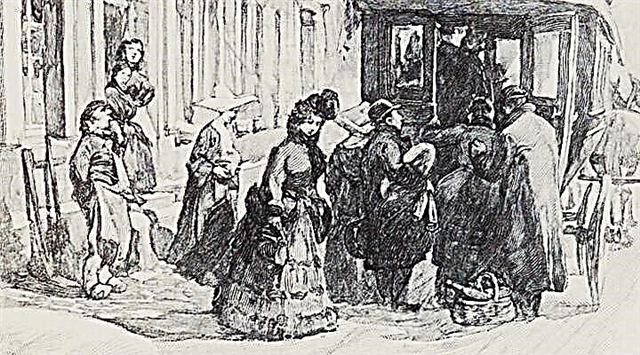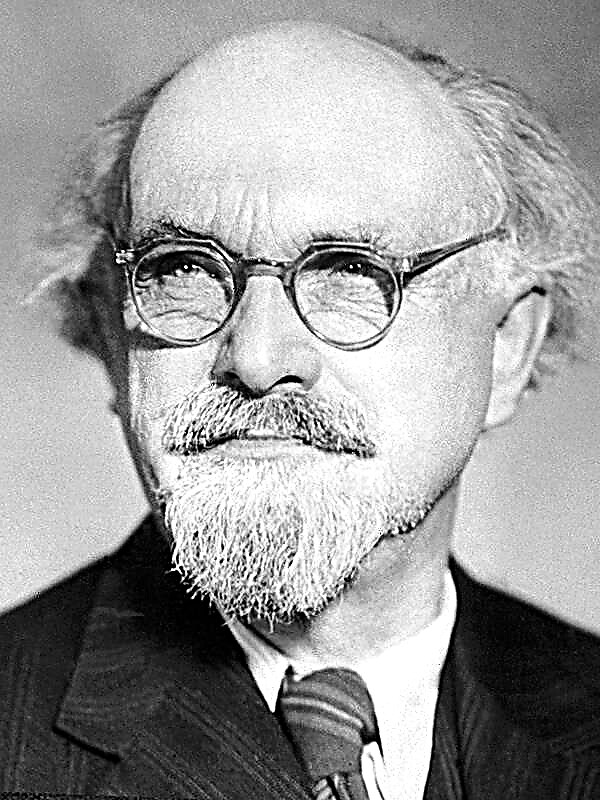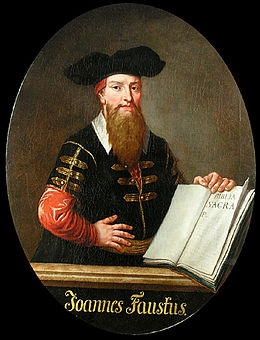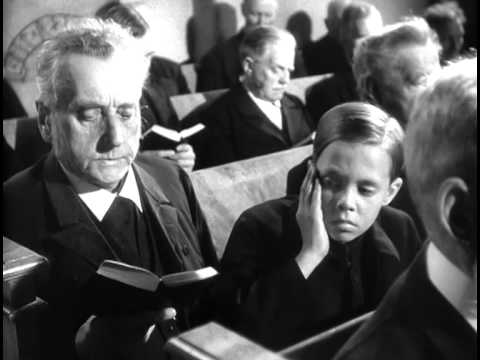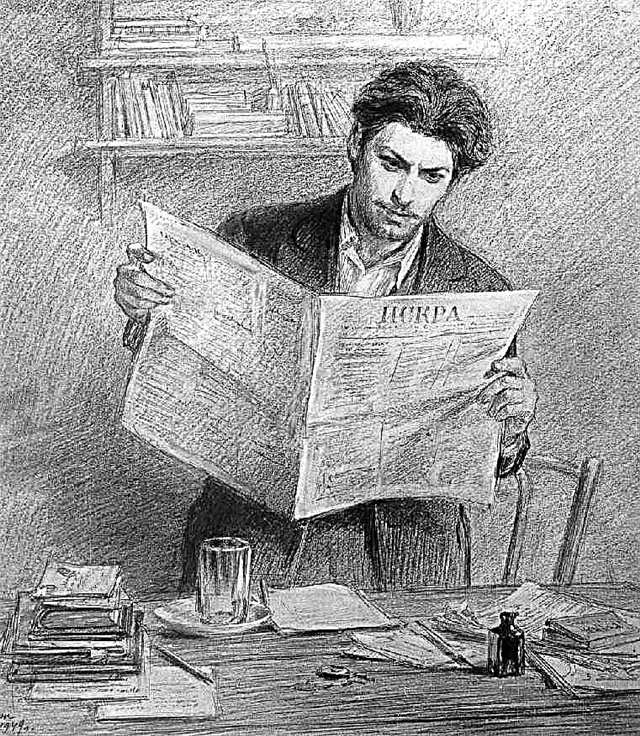: A boy from a good family faces the cruelty and injustice of the world towards the poor. Despite the difficulties, he shows compassion, kindness and nobility, helping the destitute.
“My mother died when I was six years old” - so the hero of the story, the boy Vasya begins the story. His father-judge grieved over his wife, paying attention only to his daughter Sonya, since she was like a mother. And the son "grew like a wild tree in the field", left to himself, without love and care.
The town of Knyazh-Gorodok, where Vasya lives - “stink, dirt, piles of guys crawling in street dust” - was surrounded by ponds. On one of them was an island, on the island - an old castle, the horror of which "reigned over the whole city."
In the ruins of the castle were beggars and other "dark personalities." There was contention between them, and some of the “unfortunate cohabitants” were expelled from the castle. They were left homeless, and Vasya's heart was “contracting” from pity for them.
The leader of the rogue was Tyburtius Drab, who has a terrible monkey appearance. In his eyes, "sharp insight and intelligence shone", and the past "was covered in the darkness of the unknown."
Under him, two children were occasionally seen: a seven-year-old boy and a three-year-old girl.
Once Vasya and his friends climb into a chapel on a mountain near the castle.Friends were frightened of the “devils” in the darkness of the chapel and fled, leaving him alone. So Vasya gets acquainted with Valek and little Marusya. They became friends. Vasya later gets into the dungeon, where "two streams of light ... poured from above ... stone slabs of the floor ... the walls were also made of stone ... sank completely in the dark." His new friends live here.
Vasya began to often go to children from a "bad society." Maroussia was the same age as his sister, but she looked painful: thin, pale, sad. Her favorite game was sorting through flowers. Valek said that "the gray stone sucked life out of it."
Vasya was tormented by doubts about his father’s love, but Valek replied that Vasya’s father was a very fair judge — he was not even afraid to condemn the rich count. Vasya thinks and begins to look differently at his father.
Tyburtius learns about Vasya’s friendship with Valek and Marusya - he is angry, but allows the son of the judge to go into the dungeon, because his children are happy with the boy. Vasya understands that often the dungeon lives off theft, but with contempt for his hungry friends, his "attachment has not disappeared." He is sorry for the sick, always hungry Marusya. He wears her toys.
In autumn, the girl languishes from the disease. Vasya talks about his unfortunate sister Marusa, persuades her to give her the best doll, presented by her late mother, for a while. And “the little doll did almost a miracle” - Maroussia became amused and began to walk.
Homes discover missing toys. Father forbids the boy to leave the house. Vasya and Valek decide to return the doll, but when the boys took it away, Marusya “opened her eyes ... and cried quietly ... quietly.Vasya realizes that he wanted to deprive his “little friend of the first and last joy of her short life” and leaves the doll.
Father interrogates Vasily in his office, forcing him to confess to theft.
His face was scary from anger: “You stole it and demolished it! .. To whom did you demolish it? .. Speak!”
The boy admits that he took the doll, but says nothing more. Tears dripped from his eyes, but inside there was a “burning love” for those who warmed him in the old chapel.
Suddenly Tyburtius appears, gives the doll away and tells everything to the judge. The father understands that his son is not a thief, but a kind and helpful person. He asks Vasya to forgive him. Tyburtius reports that Maroussia is dead, and his father lets Vasya say goodbye to the girl. He gives him money for the poor.
After these events, Tyburtius and Valek “unexpectedly disappeared” from the city, like all “dark personalities”.
Every year, in the spring, Vasya and Sonya carried flowers to the grave of Marousi - here they read, thought, shared youthful thoughts and plans. And, leaving the city forever, "they pronounced their vows over a small grave."

